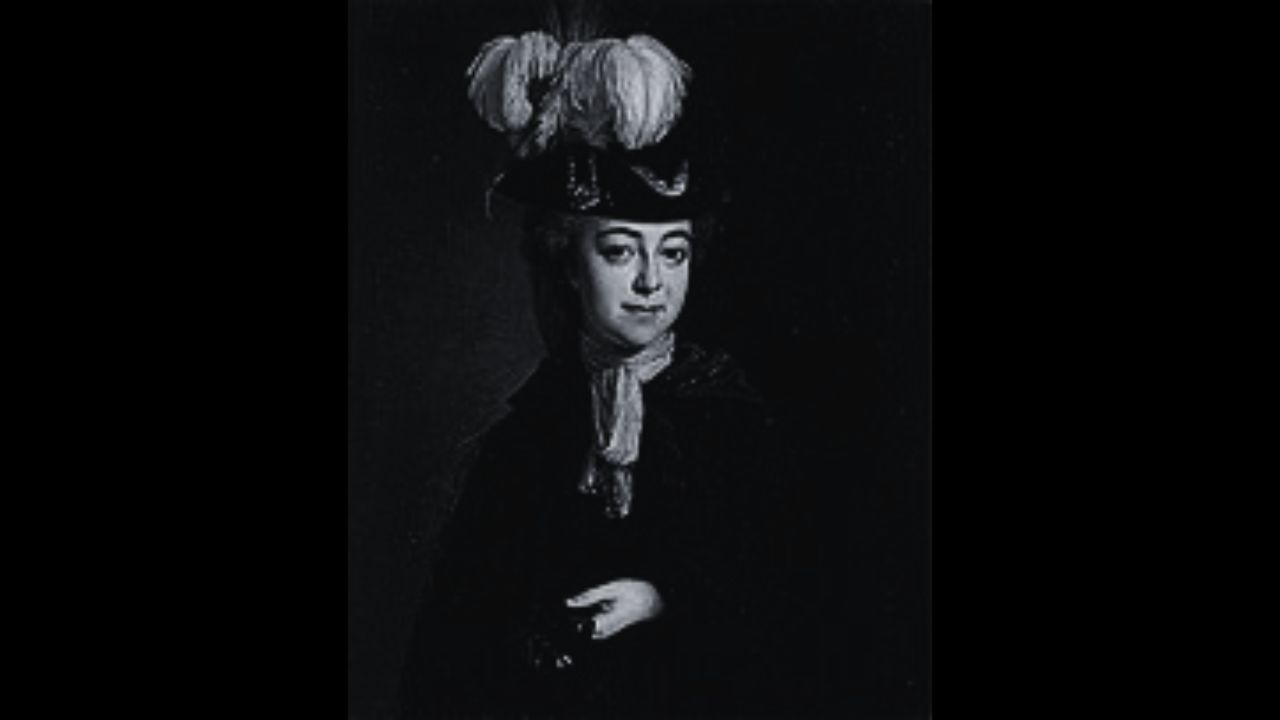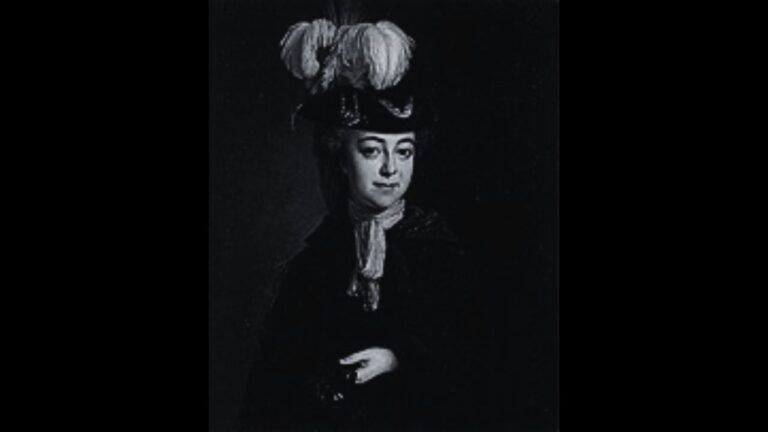The pages of history are rich with intriguing figures, one of them being Count Alexei Grigorievich Bobrinsky. Born on 11th April 1762, he was the son of Empress Catherine II of Russia and her lover, Count Grigory Orlov. His life, filled with royal acknowledgment, military promotions, and contributions to Russian society, holds a special place in the annals of Russian history.
Early Life and Birth
Born as an illegitimate son in the royal line, Alexei Grigorievich Bobrinsky had an interesting start to his life. His mother, Empress Catherine II, ruled Russia with an iron fist, and his father, Count Grigory Orlov, was her lover. However, due to the societal norms and royal protocols of their time, Bobrinsky was kept away from the imperial court during his early years. He spent his childhood under the care of Catherine’s valet, Vasily Shkurin, and then in the rustic serenity of the village of Bobriki in the Tula province.

Childhood and Education
Despite being raised away from the royal spotlight, Bobrinsky had the privilege of a strong education. His learning journey started in the village of Bobriki, but he soon moved out to the bustling city of Leipzig, where he was enrolled in an educational institution. Here, he absorbed knowledge and culture, which would later shape his contributions to Russian society.
Upon returning to Russia, Bobrinsky became a disciple of Ivan Betskoy, a renowned educator and Catherine’s personal secretary. His education further continued at the First Cadet Corps. Here, he was tutored by José de Ribas, a significant figure in Russian military history. Under Ribas’ guidance, Bobrinsky’s aptitude for military strategy blossomed, which eventually led him to graduate with a gold medal, marking him as a promising figure in the field.
Recognition and Titles
As Bobrinsky approached his nineteenth birthday, Catherine II decided to publicly acknowledge him as her son, a move that significantly changed the course of his life. She bestowed upon him the surname Bobrinsky, a name derived from his estate in the Tula province, thus marking his formal entry into the world of nobility.
The royal recognition didn’t stop there. After Catherine’s demise, Emperor Paul I, Bobrinsky’s half-brother, ascended to the throne. One of his first actions as the emperor was to grant Bobrinsky the title of Count. He then promoted him to Major General, just five days into his reign. This swift promotion was a clear sign of the royal family’s faith in Bobrinsky’s abilities and potential.
The Emperor also assigned him the command of a cavalry guard battalion, a significant position requiring both leadership and strategic skills. However, after serving for a year and a half, Bobrinsky requested to be discharged, marking the end of his military career but paving the way for his contributions to Russian society in other fields.
Relationship with Catherine the Great
Bobrinsky’s relationship with his mother, Catherine the Great, was unique. Although she bore him as an illegitimate child, she never disowned him. Instead, she chose to keep him at a distance, ensuring he was raised and educated away from the imperial court. However, this did not mean she was indifferent to him. In fact, it was quite the opposite. She took a keen interest in his upbringing, overseeing his education and ensuring he had the best tutors.
As Bobrinsky grew older, Catherine decided to acknowledge him publicly as her son, a significant event that greatly impacted his life. This public acknowledgment was more than a personal gesture; it was a political statement. By recognizing Bobrinsky, she was asserting her power, demonstrating that she could bend societal norms and royal protocols to her will. It was also a clear message to her court and subjects, establishing Bobrinsky’s place in the hierarchy and setting the stage for his future roles and responsibilities.
Life as a Nobleman
With the royal acknowledgment, Bobrinsky’s life took a dramatic turn. He was no longer a child living in the shadows; he was now a nobleman with a title and a role to play in society. This transition was not without its challenges. As a newly minted noble, Bobrinsky had to navigate the intricacies of court life, with its intricate protocols, political games, and demanding social expectations.
Despite these challenges, Bobrinsky thrived. He quickly found his footing, proving himself to be a capable leader and strategist. This ability did not go unnoticed, and Bobrinsky was quickly promoted to Major General and given command of a cavalry guard battalion. Although he requested to be discharged after serving for a year and a half, this brief military career laid the foundation for his later contributions to Russian society, particularly in the fields of agriculture and science.
Personal Life and Marriage
Bobrinsky’s personal life was as intriguing as his public life. In 1796, he married Baroness Anna Dorothea von Ungern-Sternberg. The couple had four children, creating a new generation of the Bobrinsky lineage. Despite his demanding public life, Bobrinsky was a dedicated family man. He took an active role in raising his children, ensuring they received a robust education and fostering their personal growth.
Bobrinsky’s marriage to Baroness Anna Dorothea von Ungern-Sternberg was not just a union of two individuals; it was a merging of two powerful families, further solidifying Bobrinsky’s place in the nobility. Their marriage created a strong bond that would see them through the ups and downs of their life together. Their shared interests and mutual respect formed the bedrock of their relationship, creating a strong and enduring partnership.
In summary, Bobrinsky’s life was marked by his relationship with his mother, Catherine the Great, his role as a nobleman, and his personal life and marriage. Each of these aspects played a significant role in shaping his life, setting the stage for his contributions to Russian society and the legacy he would leave behind.
Contributions to Agriculture and Science
Count Alexei Bobrinsky was more than just a nobleman – he was a man deeply interested in the world around him. After his military service, his attention shifted towards the sciences, particularly agriculture, geography, and astronomy. Bobrinsky’s estate in Bogoroditsk, Tula region, became his haven for these explorations.
Bobrinsky’s dedication to agriculture was unwavering. He invested in the development of his estate and actively pursued innovative farming techniques. His commitment bore fruit when his agricultural pursuits began to revolutionize the local farming sector. He introduced modern farming methods, improving crop yields and encouraging the local farmers to adopt these advancements.
His interest didn’t stop at agriculture. He was also an avid student of geography and astronomy. He spent countless hours studying the stars and the layout of the land. His scientific pursuits were driven by a thirst for knowledge and a desire to contribute to Russian society.
Legacy and Influence
Bobrinsky’s influence extended well beyond his lifetime. His contributions to agriculture and science made a significant impact, leaving a lasting legacy in Russian society. His descendants carried this legacy forward, particularly his son, Alexei Alexeyevich Bobrinsky, who became an influential figure in the Russian sugar-processing industry.
The Bobrinsky Palace, a part of their estate in Bogoroditsk, stands as a testament to their influence. Despite suffering damage during the 20th century, the palace was later restored and now serves as a museum. It is a reminder of the Bobrinsky family’s contributions to Russian society.
Furthermore, the Bobrinsky family lineage continues to this day, and his descendants have made contributions to various fields, including economics, politics, and science. They’ve held significant roles in Russian society, contributing to the development of railways, economic theory, and historical research.
Conclusion
In conclusion, Count Alexei Grigorievich Bobrinsky was a man of many facets. Born as an illegitimate son to Empress Catherine II, he rose through the ranks to become a nobleman and made significant contributions to Russian society. His interests in agriculture and science led to advancements that benefit Russia even today.
His legacy continues in the form of his descendants, who have made their mark in various fields. The Bobrinsky name carries with it a history of service, dedication, and innovation. As we look back at the life of Alexei Bobrinsky, we see a man who overcame societal norms and personal challenges to leave a lasting impact on his country. His life serves as an inspiration, reminding us that our contributions can echo through generations, influencing society long after we are gone.
You May Also Like:

